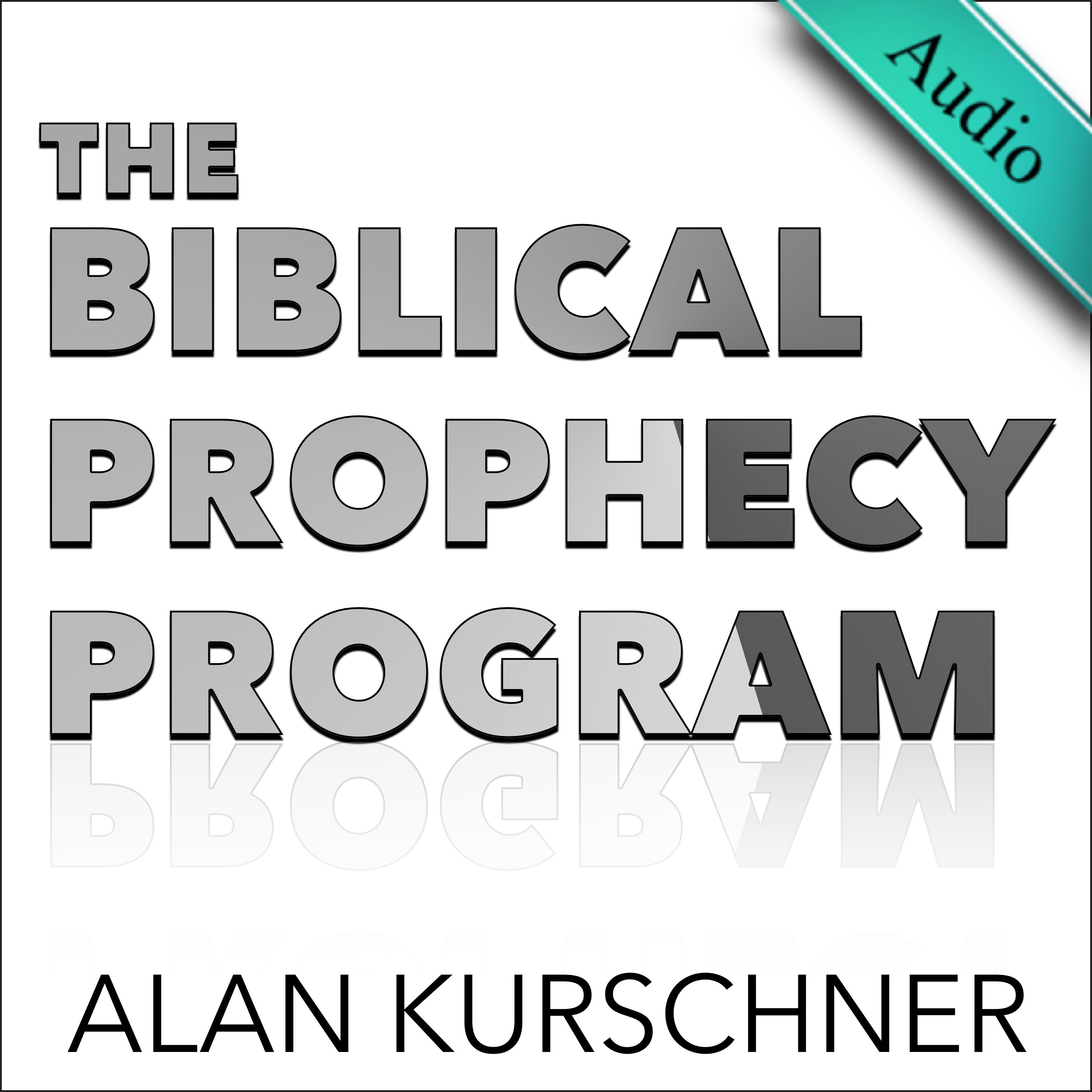Mount Sinai in Arabia by Joel Richardson Purchase his book in paperback Mount Sinai in Arabia presents a clear case in laymen’s terms for the true location of Mount Sinai. Mount Sinai is the very place where God’s presence was revealed in “a blazing fire” (Hebrews 12:18). This is the mountain where Elijah fled […]
Biblical Studies
James on the DELAY of Jesus’s Second Coming (Parousia) – Ep. 127
Podcast: Play in new window | Download | Embed
http://traffic.libsyn.com/thebiblicalprophecyprogram/James_on_the_DELAY_of_Jesuss_Second_Coming_Parousia_-_Ep._127.mp3Podcast: Play in new window | Download | EmbedJames contains a key passage on the delay of Jesus’s second coming and how to live in light of it. He received his teaching from the oral tradition of Jesus’s instruction of the Olivet Discourse, since there are several direct links with it. James’s teaching on the […]
God will protect our soul IN the world, not FROM the world, during the Antichrist’s great tribulation
One of the most common reasons Christians are embracing the prewrath position is because of the distinction that is made between the Antichrist’s great tribulation and the day of the Lord’s wrath. Christians will be removed (raptured) from the latter but not the former. This point has caused the light bulb to go off in […]
The OTHER Unforgivable Sin Mentioned in the Bible . . .
Here is the unforgivable sin that is mentioned in the Bible: “I tell you the truth, people will be forgiven for all sins, even all the blasphemies they utter. But whoever blasphemes against the Holy Spirit will never be forgiven, but is guilty of an eternal sin” (because they said, ‘He has an unclean spirit’).” […]
If the Olivet Discourse Is Not a Church Teaching, Then Why Did Paul Link 30 Ties from It for His Own Thessalonian Church Instruction?
If the Olivet Discourse Is Not a Church Teaching, Then Why Did Paul Link 30 Ties from It for His Own Thessalonian Church Instruction? For more charts, click here…
A Reply to John F. Hart on Why the Parousia in Matt 24:36–44 Refers Back to the Parousia in Matt 24:30–31
Six years ago, I did a six-part series responding to John F. Hart’s (and other pretrib teachers’) unfounded and strained interpretation that the parousia in Matt 24:36–44 is a completely different parousia than the one depicted in Matt 24:27, 30–31. I am re-posting my series below. Incidentally, during these six years I have never received […]
Craig Blaising on Premillennialism in a nutshell
Christ comes in 19:11 and judges the nations who fornicated with Babylon, who consolidated their loyalty with the beast, and who gathered to war against Christ. He casts the beast and false prophet into the lake of fire. He imprisons the devil. He raises the martyrs murdered by Babylon and the beast. He and his […]
Will all the inhabitants of the nations be destroyed at the battle in Rev 19?
Craig A. Blaising writes: [Fowler White] argues that a sequential interpretation of 19:11—20:3 is not logically coherent, that its “credibility. . . suffers considerably” because at the Parousia, Christ will destroy all the in inhabitants of all the nations except the redeemed (“Reexamining the Evidence for Recapitulation in Rev. 20:1–10,” 325). Thus, he concludes, there […]
The Olivet Discourse Is about the DELAY of Jesus’s Coming, Not His Nearness – Ep. 125
Podcast: Play in new window | Download | Embed
http://traffic.libsyn.com/thebiblicalprophecyprogram/The_Olivet_Discourse_Is_about_the_DELAY_of_Jesuss_Coming_Not_His_Nearness_-_Ep._125.mp3Podcast: Play in new window | Download | EmbedThe Olivet Discourse is about the delay of Jesus’s Coming, not his nearness. Many interpreters miss this main point. Further, there is the question of what is Jesus trying to teach with his delay of his parousia? Jesus teaches that we will know the season of his […]
The Day of the Lord’s Wrath Does Not Begin BEFORE or DURING the Sixth Seal (Rev 6:17)
“because the great day of their wrath has come [ēlthen], and who is able to withstand it?” (Rev 6:17) Many interpreters assume that the English rendering “has come” in Rev 6:17 refers to either past or present tense referring to God’s wrath. I have explained before that the context—Greek verbs do not indicate temporal reference—determines […]
What Is the Millennial Debate Really About? – Ep. 122
Podcast: Play in new window | Download | Embed
http://traffic.libsyn.com/thebiblicalprophecyprogram/What_Is_the_Millennial_Debate_Really_About__Ep._122.mp3Podcast: Play in new window | Download | EmbedWhat is the millennial debate is not about, and what it is about? Many interpreters frame the wrong question when they engage the millennial debate. I talked about how we got chapter breaks and how to avoid them, especially the Revelation 20 chapter break. This helped to […]



